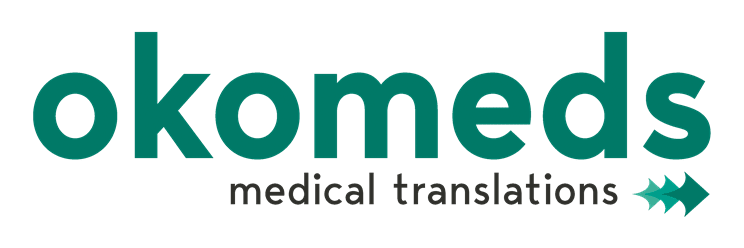
23 Apr Medical translation: the ‘surgery’ of words
Translation in the medical field is very delicate, so precision and preparation are required. The translator is a bit of a surgeon of words, more than ever in this field where they must know the terminology, the subject, the conceptual differences between languages and much more.Just as every doctor specializes in a certain branch, a translator must also specialize in dealing with complicated medical texts.
Let’s now see together where we find medical translation, what difficulties it causes and what training is needed for translators working in this field.
In what contexts do we find medical translation?
Medical translation can be found in different contexts, from conferences (in this case the task of transposing the message between various languages is entrusted to interpreters) to more or less specialized texts.
By specialist texts, I mean all texts aimed at an audience of medical professionals, such as medical and pharmaceutical research reports, clinical studies, protocols, regulatory documents, but also reports or university texts for future doctors.
These texts use very specific technical terms because they are aimed at people who know the terminology of the sector.
If the texts are aimed at an audience of patients, on the other hand, we can talk about popular texts. The latter usually use simpler language because they must make a non-professional audience understand a whole range of information.
You may think, for example, about package leaflets, hospital websites, informed consent forms and brochures that we find in doctors’ offices. All these texts are designed for us ordinary people, who would no doubt understand “fever” better than “pyrexia”.
Then there are all the conferences, in which the interpreters do their work to facilitate communication between professionals in the sector in multiple languages. I am thinking, for example, about all the professional refresher conferences, presentations of the results of clinical studies or of new innovative technologies in the medical sector.
What are the difficulties?
Medical translation, like all types of highly technical and specialized translation (for example in the economic-financial field), presents a whole series of considerable difficulties:
- Tendency not to specify or to imply
- Geographic differences
- Different concepts
- Cultural and stylistic differences
In this field, especially when the texts are written by and for professionals in the sector, there is a tendency to imply or not to specify some things. For example, if I read “marrow” in an article I have to understand whether it is bone marrow, spinal cord or medulla oblongata. A doctor would understand this from the context, so the translator must also have a medical background, because the meaning of words often lies not in the single words but in the context.






Sorry, the comment form is closed at this time.